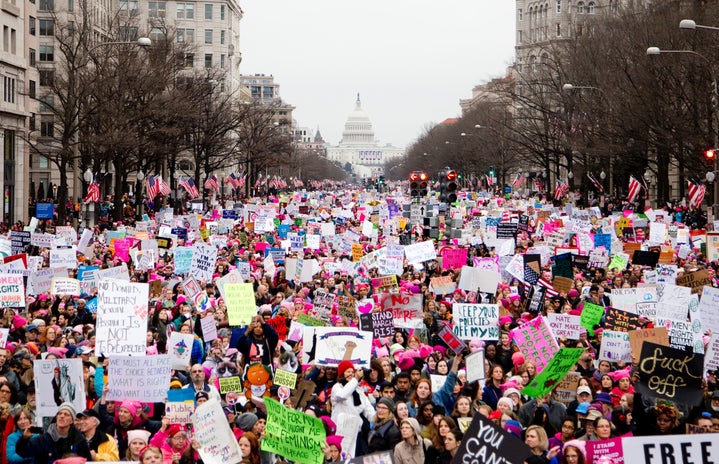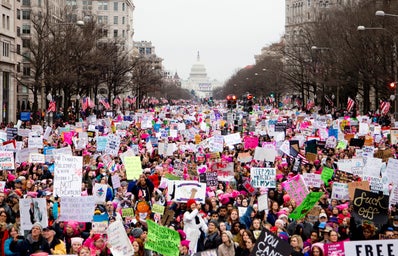Women have been the backbone for much of the political activism in the United States. As an honor towards their perseverance and dedication to making history, along with Women’s History Month, I decided to dedicate this article post focusing on seven specific women in U.S. politics.
Shirley Chisholm
In the year of 1968, Chisholm became the first Black woman elected to the United States Congress. She also became the first woman and African American to pursue a Presidential nomination during the 1972 election. Her footprint of speaking out for women and minorities fits alongside her motto, “Unbought and Unbossed,” one that is still remembered today. Her impact on doing the once impossible, is something that inspires politicians and future politicians today.
Barbara Jordan
A Texas native, Jordan initially received the spotlight for her public speaking skills during the Reagan impeachment. However, she is most notably known in 1972 as the first African American woman from the South to be elected to Congress since 1898. Her passion for equality can be seen in work for civil rights and expansion of the Voting Rights Act to include other minority groups. Fun fact: you have likely seen her statue on the UT Austin campus! She was a professor in the LBJ School of Public Affairs in the 1990s.
Patsy Mink
Mink was the first woman of color to be elected to Congress and first Asian-American woman elected to the House of Representatives in the 1960s. On top of that, she was the first woman elected to Congress from the state of Hawaii. Her legacy of working on the Great Society Legislation. One of her most notable roles was on the Title IX of the Education Amendments of 1972, which were the laws that prohibited against the discirmination of gender in the athletic system.
Sandra Day O’Connor
O’Connor was the first woman justice appointed to the United States Supreme Court. As a recent graduate of law school, she faced numerous rejections from law firms due to the fact that they would not hire a woman. However, she was able to serve as a successful lawmaker in Arizona for years which eventually led to President Ronald Reagan nominating her in 1981. O’Connor is known for her centrist position in the court. Her position proved that women can hold the highest position in the nation and this belief led to other women being nominated for such roles.
Ann Richards
Richards served as the second woman Governor of the state of Texas. Known for her passion for education and women’s health issues, she also was a prominent figure in appointing more women and minorities to positions of power than any other Governors of Texas. Her feisty one liners also gave her some light. Her impact on the prison system and gun laws left a major impact on the state.
Ileana Ros-Lehtinen
As the first Cuban American and Hispanic woman to be elected to Congress in 1989, Ros-Lehtinen has advocated for child refugees like herself and for the state of Florida. Her large commitment to human rights and equality can be seen in her work and passion for politics. In 2012, she was also the first Republican serving in the House to show her support for same-sex marriage, which was a huge move.
Jeannette Rankin
In 1916, Rankin was the first woman ever elected to Congress. This huge shift in political power came just years before women were granted the right to vote. She previously served as a social worker so with her background in that she pushed for workers, women, and health care rights across the nation. One famous line of Rankin from 1917 was saying, “I may be the first woman member of Congress, but I won’t be the last.”


